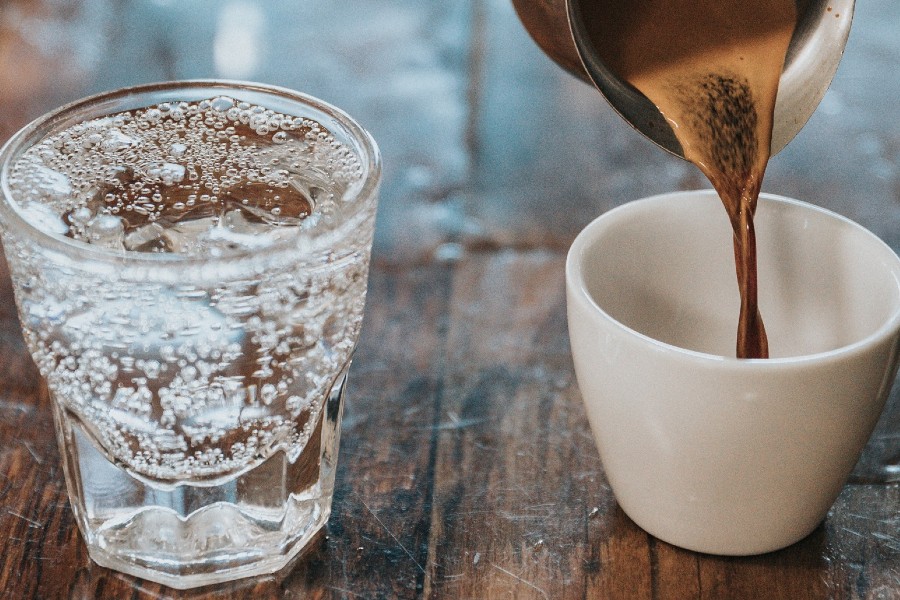As café and coffee shops re-open, water quality and, in turn, consumer appreciation of beverage quality, should not be neglected, point out BRITA.
Quality control
“Our latest independent research shows that many hot beverage professionals are working with equipment that needs replacing or repairing. Not only does this have a detrimental impact on productivity and profits, it causes significant stress too,” says Steve Buckmaster, director of sales at BRITA Professional (www.brita.co.uk/professional).
“Worryingly, over a quarter of professionals (26%) also revealed they wouldn’t be able to easily spot a problem on equipment – something that is more likely to occur after periods of downtime after the lockdown period.
“When it comes to avoiding costly breakdowns, investing in preventative maintenance on equipment is essential. This couldn’t be more important as the industry starts to re-open in the coming weeks and months; operators are focused on getting back to full capacity and will be doing all they can to avoid the financial and emotional burden of faulty equipment.” Steve Buckmaster continues.”
BRITA’s research from 3GEM was conducted with 500 hospitality professionals, working in the hot beverage sector (October 2020) and 500 hospitality workers who use a coffee machine industry (October 2020).
Water wise
BRITA Managed Services offer operators tailored packages that can help to relieve the pressure by supporting operators with preventative maintenance. By offering advice, monitoring can filter usage and carrying out essential filter exchanges, they feel, operators can, in turn, rely on their equipment to have a longer life span and deliver a smooth service when they need it most.
“On hot beverage equipment that uses water, one of the most effective ways to prevent premature breakdowns is by using the correct water filter and exchanging it on time, and which can help eliminate damage and inefficiency over time caused by the build-up of limescale,” explains Steve Buckmaster.
“In such a competitive market, café operators need to ensure their hot beverage menu is working harder than ever. But when it comes to serving great tasting brews, well-sourced tea and quality roasted beans are just the beginning. It’s easy to forget the quality of water, which makes up to 99% of the drink. Unfiltered water can contain impurities including chlorine, lead and limescale, all of which can affect the flavour and dull the appearance, making the drink less appealing.
“To tackle this, a water filter can be fitted to hot beverage equipment to optimise the establishment’s water supply and help operators serve high quality beverages time and time again. Water filters work to reduce the carbonate hardness of water and eliminate the build-up of limescale and impurities, which have a negative effect on the taste and appearance of hot beverages.
“However, it’s important to note that there’s no one-size-fits-all filter, as water quality and mineral content vary drastically between regions, and even street to street. The first step for café operators in choosing the right filter for their equipment is to understand the particular characteristics of their water supply. This is something BRITA Managed Services can help with, along with water training, monitoring water filter usage and notifying customers when the next filter exchange is due.
“It’s fair to say that consumers’ expectations on taste, quality and presentation of their hot drinks are sky high. According to 3GEM in collaboration with BRITA Professional (January 2020) data nearly three in ten consumers (29%) admit they don’t drink tea out of home due to the quality of water used and just under half (46%) believe the quality of tea isn’t any better in cafés compared to what they can make at home. With the pandemic meaning more people are getting their hot drink fix at home, it’s important that cafés optimise their water supply to attract the discerning coffee and tea drinker and keep up with fierce competition on the high street.”
